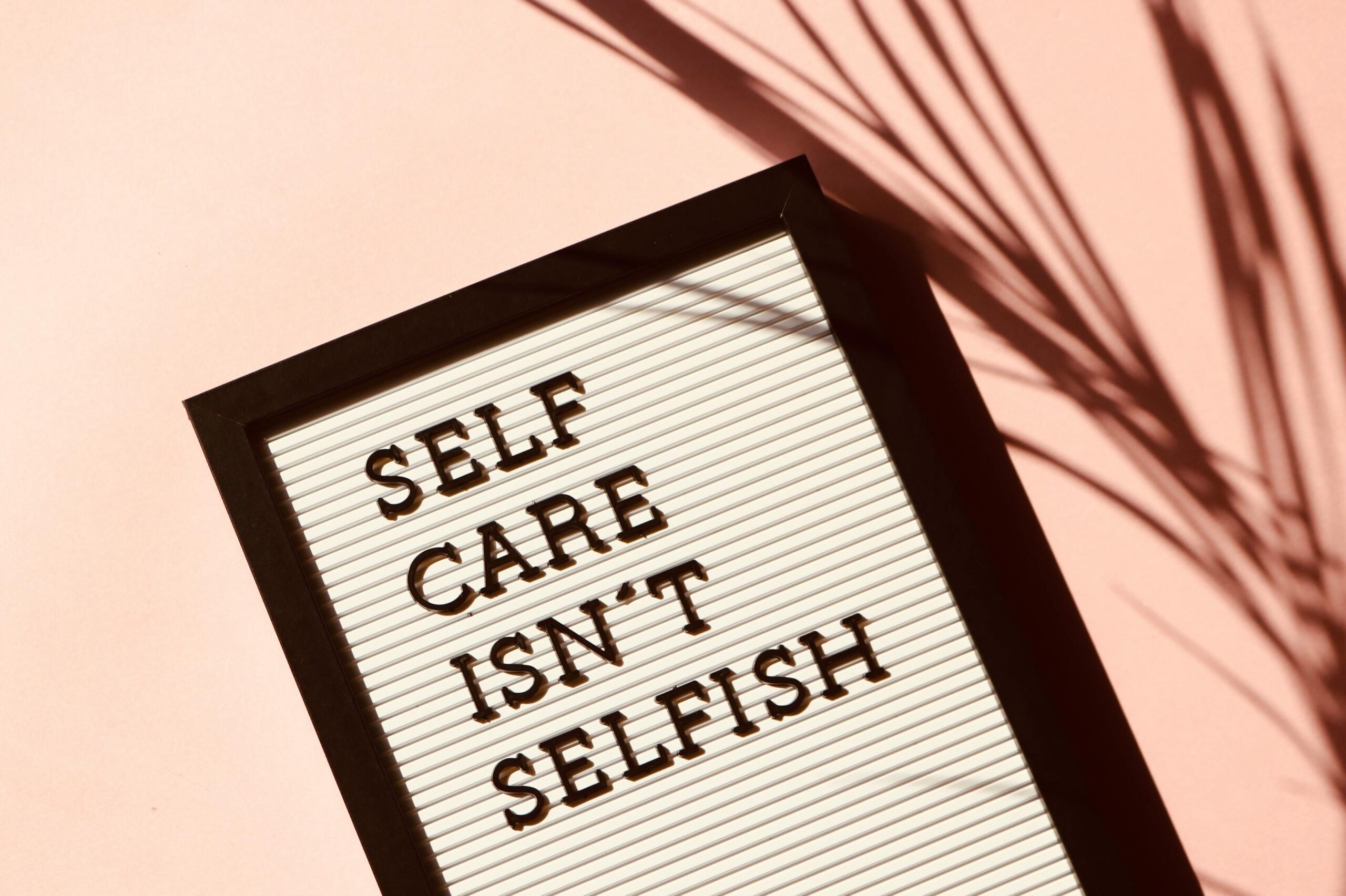Employee wellbeing during the pandemic
This year marks my 6th year with Black Swan Group, and I am now showing my age, my 20th year in recruitment! I have witnessed a lot in the wonderful world of Financial Services recruitment, but I have never known a year quite like 2020. For all of us, the global pandemic has had a huge impact on our daily lives, completely changing our normal routines. Personally, I went from being in the City daily to juggling working from home and trying to home school and entertain 3 very energetic boys. I now have lot more respect for primary school teachers!
Over the last few months, I have had numerous conversations with clients and candidates alike, sharing stories and discussing the stress the pandemic has caused both personally and professionally. The biggest thing that I have learned from the engagement I have had with everyone, is that now more than ever, the subject of mental health and wellbeing is of the highest importance. The pandemic has far-reaching consequences for society and the workplace beyond the immediate crisis. Its potential impact on people’s mental health and wellbeing is one of the most pressing issues now facing all employers on a global scale.
Increased stress due to Covid-19
When life was ‘normal’, the subject of mental health and wellbeing could be taken for granted and is not something we always considered to be the highest priority.
In my role as a recruiter, I introduce sales professionals to a variety of Financial Services businesses and unfortunately, all employers and employees that I have spoken with have faced differing levels of stresses and challenges in the workplace ranging from reduced sales, loss of productivity, sickness and an increased uncertainty in relation to job stability. Employers, business owners and HR teams are working tirelessly to ensure that businesses can still run as smoothly as possible with staff working remotely, keeping their teams engaged and focused whilst trying to plan ahead for the future which as we all know is a huge task in these unprecedented times.
Employees that are working from home or who have been furloughed also have huge changes to deal with. Getting a new routine in place, juggling home life and work-life all under the same roof with others around needing attention or causing distraction has been challenging for everyone I have spoken with. Many have had to step out of their comfort zone – working alone and missing being around their team in an office environment, or for others just trying to make sure they are exercising and eating properly. For many others and I, there has of course been the additional pressure of home-schooling children.
Number of mental health conditions on the rise
Mental health related absence is the most common cause of long-term sickness absence in UK workplaces. Stress related absence in particular has increased, with 37% of respondents to the CIPD and Simply Health and Well-being survey saying that stress-related absence had increased in the last year. Work-related stress, depression or anxiety accounts for 44% of work-related ill health and 54% of working days lost, in 2018/19 (HSE, 2019). As well as sickness absence, poor mental health at work can lead to increased staff turnover, reduced engagement and high presenteeism.
These facts relate to a world pre-COVID-19; early indications suggest that the pandemic (and measures taken by government to control it such as lockdown and social distancing) will have a significant impact upon the mental health of employees. It is very possible that these mental health implications will be felt for many months or even years
There is no doubt that the pandemic exacerbate these conditions for many, with far more people working from home, relying more on technology and the likes of Zoom and TEAMS meetings and with less access to face-to-face contact with colleagues, management and clients etc. Working entirely from home as many of us have been doing, will also place new demands on people and it’s vital that all employers and think carefully about how they will continue to support people working in these new, flexible and remote ways.
Webinars on Well-being
One of my good clients is Foresight Group, an Investment and Private Equity business headquartered in The Shard in London. I have always been really impressed by their focus on employee well-being over the years and last week I received an email from Suzie Ruffley, Head of People there who explained that she had been working closely with a Leadership Coach they use and over the last 5 weeks to produce a series of excellent Wellbeing Podcasts. They deal with a variety of themes of wellbeing theory and apply it to the workplace, providing some practical tips that people can use to help navigate these strange and difficult times.
Suzie was really proud of this initiative and rightly so, and wanted to share with me in case I thought it would be useful to share with my own team, and also the pools of candidates that Black Swan Group is working with.
I know that the employees at Foresight Group and Black Swan and numerous candidates and clients have found them useful and hope that you do too. Please see the link below…
What practical steps can employers take to support the mental health of staff?
Practical steps managers and business owners can take to support the mental health of staff include:
- Keep connected: this can be done by phone or via video calling and is even more important if staff are working remotely
- Encourage staff to remember to switch off too: remind employees they are not expected to be at work 24/7 and to take some time for exercise, rest and relaxation
- Remind staff they are still part of a team: maintaining contact via video calling can help prevent feelings of isolation and loneliness and help maintain team morale
- Be supportive: encourage staff to be honest about the issues they might be facing and help them to work out practical solutions to combat them
- Be honest: with staff about the impacts coronavirus is having on the organisation, what you intend to do to minimise those impacts and how they might be affected by any plans
- Communicate clearly: make sure any communications for staff are clear and easy to understand, and make sure all managers are briefed in advance to answer any questions staff ask
- Remind staff of the available support: for example, who any mental health first aiders are, how to get help from HR, and how to access any confidential counselling helpline
- Look out for the first signs of stress: such as erratic behaviour, or a sudden drop in performance
Tips for employees to help them protect their mental health and wellbeing?
There are numerous ideas and articles online that can be used by employees to help protect their own mental health and wellbeing during lockdown. Some good examples are:
- Keep connected: although it may not be possible to have physical contact with those outside the immediate household, staying in touch with friends and loved ones via telephone, video calling or social media can help combat loneliness and isolation
- Maintain a routine: having a routine can be beneficial for mental wellbeing
- Eat well and exercise: physical health has a major impact on mental health, so eating well and getting some daily exercise can really help improve mental wellbeing
- Sleep is important: changes to daily routine can quickly lead to poor sleeping habits, but sleep is important in maintaining good mental health
- Do something you enjoy or learn a new skill: focusing your attention on something else, which makes you feel positive, can help to minimise the amount of time spent worrying
- Relax: relaxation techniques can really help with feelings of anxiety
- Minimise time watching news and on social media: too much of these can lead to an increase in fear and it is possible to quickly lose perspective and increase anxiety levels
- Speak out: it is normal to be worried, scared and/or anxious, but a problem shared is a problem halved, so talk about any worries with a trusted friend or family member
2020 has been difficult for all of us and a year we will not forget in a hurry. I am sure that there are better and happier times ahead and with the positive news in relation to vaccines not being too far away, the markets improving and more of our clients starting to hire again, the future looks a lot brighter. Whilst it has been a challenging few months, I have enjoyed seeing more of my children and have found the time to do things I wasn’t doing properly before like exercising and sleeping for example, so there have been many positives too. I am ready to embrace the new ‘normal’ in 2021 and hope that despite what challenges and stresses this year has caused, that we can learn from it and remember that our mental and well-being is more important than ever before.






